Jun 30, 2025
Author:Lisa Martinez
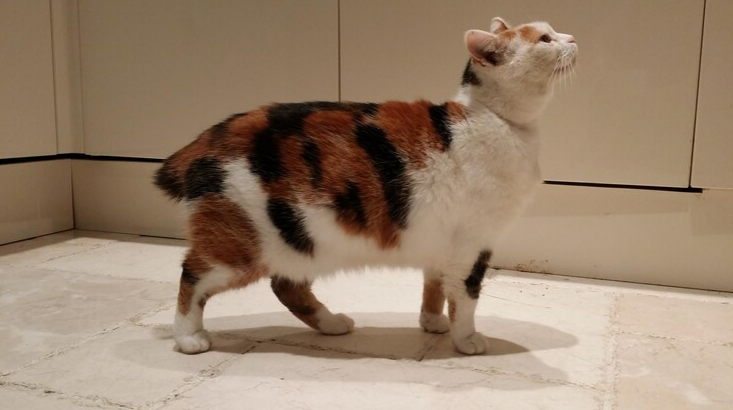
The Japanese Bobtail isn’t your typical lap cat. That pom-pom tail? Eye-catching, yeah—but it’s their mind that really flips the script. Social. Loud. Quick on their feet. They’re the type to follow you into the bathroom just to supervise.
Here’s where it goes sideways—people see ‘small’ and ‘adorable’ and think, easy. Nope.
Sloppy feeding habits, boring routines, no outlet for all that energy—it builds. Quietly at first. Then it’s mood swings, acting out, and health issues you didn’t see coming. A cute face doesn’t mean hands-off care. Want your Bobtail to actually thrive? You’re gonna need more than snacks and snuggles.
This breaks it all down for you—minus the fluff, minus the guessing.
● Daily care basics: feeding, grooming, and health upkeep
● Mental stimulation: how to keep their sharp minds busy
● Social interaction: striking the balance between affection and independence
● Safe spaces and territory: setting up an environment that works
Skip the trial and error. Let’s get this right the first time.
Japanese Bobtails are active, , and naturally clean—but that doesn’t mean their daily care takes care of itself. Miss the mark on the basics, and you’ll start to notice subtle shifts: mood dips, tangled fur, skipped meals, or worse—behavioral regression. Let’s keep things sharp and structured.
These cats burn energy quickly. They’re lean, muscular, and wired for movement, which means consistent portion control is non-negotiable. Free-feeding leaves room for weight gain. Sporadic schedules trigger stress.
Here’s what works:
● Stick to a high-protein, low-carb diet
● Break meals into two or three timed portions daily
● Use feeding routines to anchor their daily rhythm
This is where a smart solution helps. The WOpet Heritage View Automatic Pet Feeder isn’t just about convenience. It lets you control portions precisely and set customized schedules from your phone. Built-in HD camera? That’s a bonus. You can check in during the day, confirm meals went out, and even talk to your cat when they’re feeling needy.
Their coat is soft and silky, single-layered, so it doesn’t mat easily. But don’t skip weekly brushing. It strengthens your bond and keeps shedding under control. For longhaired Bobtails, twice-weekly is smarter.
Stick to:
● Wide-toothed combs for detangling
● Gentle slicker brushes for coat maintenance
● Regular nail trims and ear checks
Baths? Rarely needed, unless there’s a mess they can’t lick off.
Cats are subtle when something’s wrong. Your Bobtail might stop playing. Eat less. Vocalize more. Build habits into your routine to spot problems early.
Daily checks should include:
● Eyes and ears are clear of discharge
● Clean, pink gums with no odor
● No visible changes in coat or behavior
Annual vet visits are the floor, not the ceiling. Ask for blood panels once they are five years old. Early detection beats reactive care every time.
Keep routines tight. Let smart tools like WOpet feeders handle the repetition, so you can focus on what matters: staying present, observant, and proactive.
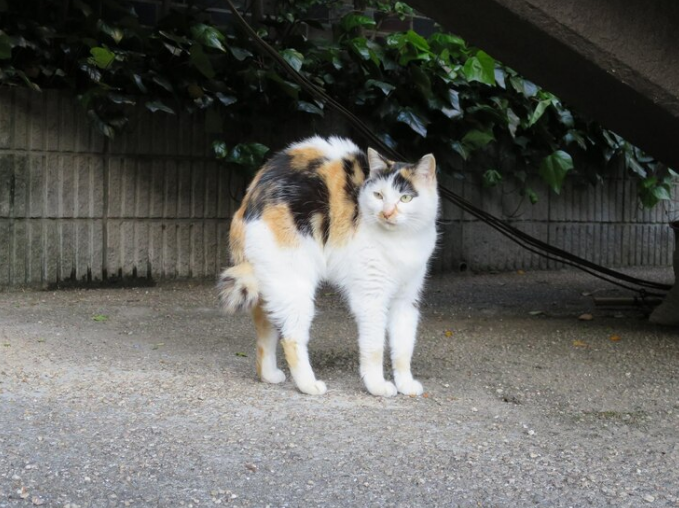
These cats? Not the decorative type. Japanese Bobtails think. They scan. They scheme. And when their brain doesn’t get what it needs, stuff unravels. Scratched-up doors. Endless meows at 2 a.m. Turning down food for no clear reason. It’s not boredom. It’s a smart cat with nothing useful to do.
You don’t need to create a circus. You need variety. Rotate activities, change up the layout of toys, and create predictable windows of interaction. Consistency matters, but so does novelty. Here’s where to start:
● Puzzle feeders: Food is a motivator. Let them earn it. These tools tap into instinct and keep them busy longer than a standard bowl.
● Interactive toys: Use toys that require them to pounce, chase, or bat with intent. Prioritize ones that move erratically or require focus.
● Box and tunnel play: Cardboard tunnels, paper bags, and open boxes give them spaces to explore, stalk, and ‘hunt.’ It’s simple, but highly effective.
● Training drills: Yes, cats can train. Teach basic commands or target work with small treats. This builds trust, mental sharpness, and responsiveness.
● Window perches or ledges: A view outside becomes live entertainment. Birds, passing cars, people—they all feed their need for visual tracking.
They need interaction. Not the kind you toss across the floor and forget—real attention. Passive toys do something, sure. But they’re no stand-in for you. Put in a little time each day, even if it’s just a fast-paced five-minute play blast. That quick spark? It matters.
Ignore it too often, and stuff starts to unravel—acting out, weird moods, all of it. But when you show up, when you actually plug into their brain? You’ll spot the shift. They settle. They connect. They feel seen.
The Japanese Bobtail isn’t emotionally distant, but it’s not clingy either. This breed sits in a rare space. It craves connection but doesn’t depend on it to feel secure. Push too hard, and you’ll be shut out. Ignore them, and they’ll make noise—literally.
They’ll often come to you first. When they do, engage fully. Talk. Pet. Sit beside them. Once they walk away, resist the urge to follow. They’ve had their fill. Respect builds trust.
Some reliable engagement strategies:
● Match their mood—don’t force yours on them: Loud and chatty? Go with it. Chill and quiet? Sit nearby, say nothing, just be there. Let them lead.
● Create shared routines: Reading a book? Cooking dinner? Let them observe. They like being part of daily life, even without direct interaction.
● Use touch with precision: Focus on the head, cheeks, and neck areas. Avoid overhandling their belly or paws. Short sessions win over long grabs.
Some days, they’ll follow you from room to room. Other days, they’ll find a quiet perch and keep their distance. Respect both.
Watch for these cues:
● Tail flicks or lowered ears
● Turning away or hopping down mid-pet
● Sudden grooming as a way to disengage
They’re not rejecting you. They’re signaling that it’s time to pause. Learning these patterns avoids overstimulation and builds a healthier, two-way bond.
You don’t need constant interaction to stay close. You need consistent respect, clear signals, and an understanding of what affection looks like—on their terms.
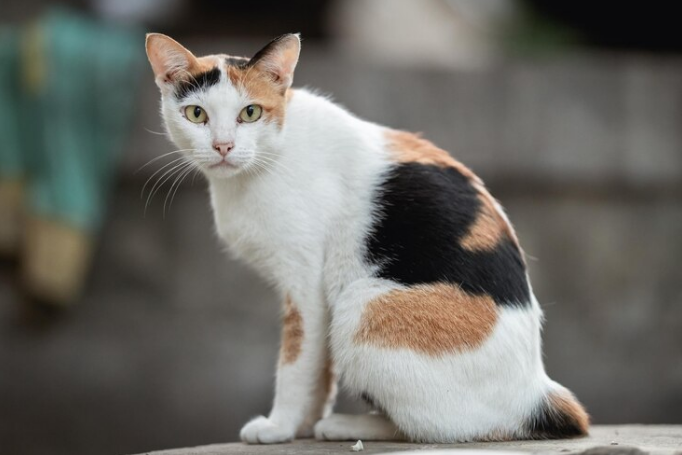
To a Japanese Bobtail, home isn’t just walls and furniture. It’s a mapped-out territory with zones, escape routes, and claimed surfaces. Disrupt that layout without offering alternatives, and you’ll start seeing stress patterns. Marking. Hiding. Hissing. Refusing to eat.
They’re not overreacting. They’re reacting as designed.
You need more than a food corner and a litter box. Think in layers and purpose. Vertical, horizontal, and transitional spaces all serve different needs.
Build around these core zones:
● Safe retreats: High perches, enclosed beds, or covered shelves where they can rest uninterrupted. These are for when they need space without isolation.
● Exploration routes: Paths between rooms with clear sightlines and minimal traffic. Cats like control. They choose when to approach or retreat.
● Scratching and scent spots: Scratching posts placed near entryways and resting zones help them claim space through scent and texture.
● Play and interaction areas: Keep these separate from feeding or toileting zones. Mental engagement doesn’t happen next to a litter tray.
Once your Bobtail locks in their layout, don’t go shifting things around every few days. Leave the furniture. Leave the favorite perch. Let the space breathe the way they know it. If you have to move something, fine. Just don’t rush it. Let them sniff, circle, stare—on their terms.
Notice where they actually spend time. Lean into that. Toss a soft mat where they always nap. Mount a perch where they already jump. No need to overthink it—they’re already telling you what feels right.
Every Japanese Bobtail moves to its own beat. But their needs? Those stay pretty consistent. They crave structure. They lean into stimulation. And they want space that gives them room to breathe, without cutting them off from you completely.
You've got the rough blueprint now. Feeding that makes sense. Grooming that doesn’t overdo it. Activities that actually challenge them. And a setup that lets them feel like they own the place (because, let’s be honest, they kind of do).
When things get hectic or you’re not home much, you need backup that won’t flake. That’s where tech steps in. Smart feeders like WOpet’s don’t just hand out food—they hold your system together. They keep timing tight, portions right, and routines locked in.
You don’t have to second-guess anything. Meals happen. Schedules stick. No mess. No drama. Taking care of a Bobtail isn’t about doing more. It’s about building habits—and letting good tools do the heavy lifting.
Label:
Popular Post

What to Feed a Sick Dog With No Appetite? [2025 Guide]
May 16, 2023
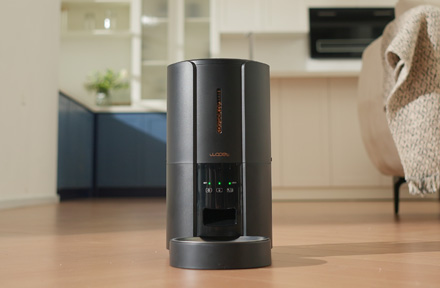
Troubleshooting Common Issues with Automatic Pet Feeders: Tips & Tricks for Pet Owners
Oct 26, 2023

Why Does My Cat Cough After Drinking Water? 8 Potential Reasons
Mar 13, 2023
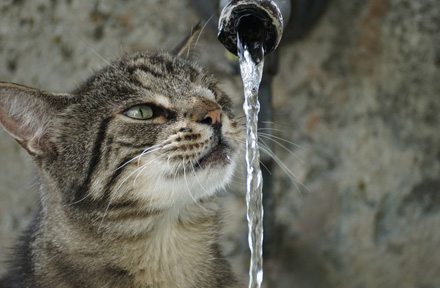
Why is My Cat Throwing up Water? Top 5 Causes Here
Feb 08, 2023
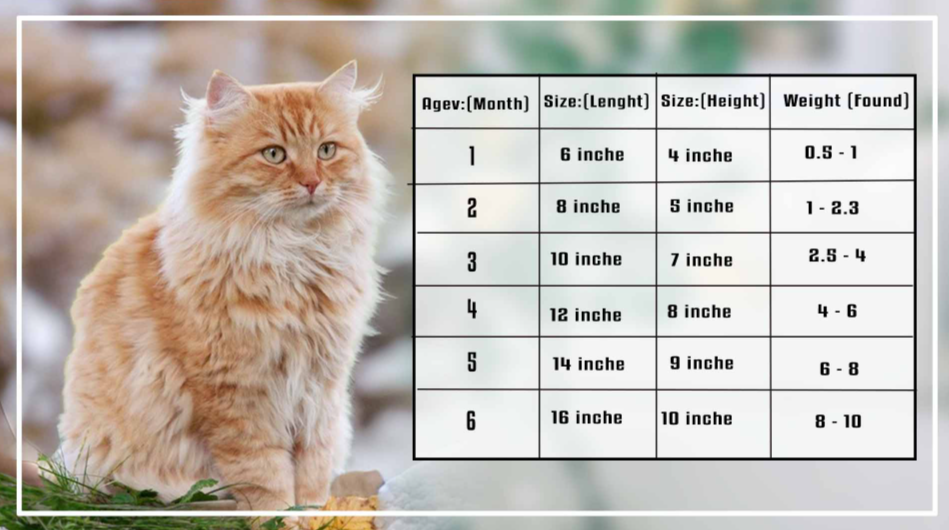
What is a standard Cat Weight chart by age Kg?
Mar 19, 2025
$99.99
$129.99
Copyright © 2025 WOPET. All Rights Reserved.